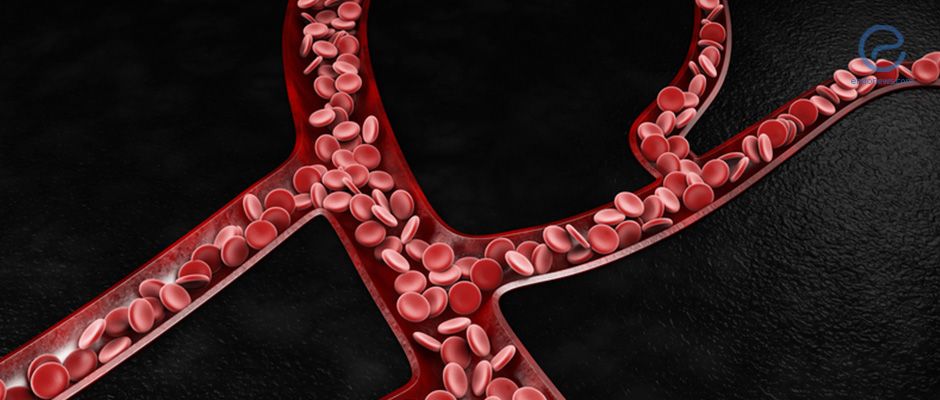Blood vessels formation in endometriosis
Mar 9, 2018
Clinical implication of endometriosis vasculature
Key Points
Highlight:
- This review article provides basic mechanisms of vascularization in endometriosis and emphasizes the relevant future clinical implications in diagnosis and therapy.
Importance:
- Vascularization is a recognized feature in the pathogenesis of endometriosis. Multiple mechanisms are contributing to the vascularization of endometriotic lesions, including angiogenesis, vasculogenesis, and inosculation. However, the development of vascularization-based strategies to manage endometriosis is still a significant challenge.
What's done here:
- Literature discussion for English articles containing keywords ‘endometriosis’, ‘endometriotic lesions,’ ‘angiogenesis,’ ‘vascularization,’ ‘vasculogenesis,’ ‘endothelial progenitor cells’ and ‘inosculation.’
Data:
- Endometriotic lesions engraftment is typically associated with the formation of new blood vessels known as angiogenesis.
- Angiogenesis is a regulated by angiogenic growth factors and hormones
- Vasculogenesis occurs when circulating endothelial progenitor cells (EPCs) from the bone marrow are recruited into endometriotic lesions of new microvessels.
- The preformed microvessels are then inosculated with the surrounding host microvasculature which causes a rapid blood supply to the ectopic tissue.
- Angiogenic growth factors and EPCs may be useful biomarkers for endometriosis diagnosis and classification.
- Anti-angiogenic compounds and vascular-disrupting agents may be used to target blood vessel formation and mature microvessels in endometriotic lesions.
Lay Summary
The endometrium undergoes dynamic changes during the menstrual cycle. Estrogen-driven angiogenesis is associated with the proliferative phase, and progesterone-driven vascular maturation occurs in the secretory phase. Hence, it is reasonable that the vascularization of endometriosis is also under complex regulation by the female sex hormones. In fact, endometriosis is associated with the upregulation of angiogenic factors in patients’ serum and peritoneal fluid, which can stimulate the formation of new blood vessels. Thus, vascularization is a critical feature in the pathogenesis of endometriosis.
This review by Laschke et al. provides a systematic overview of processes related to vascularization in endometriosis and discusses their potential clinical implications regarding endometriosis diagnosis and therapy.
The vascularization of endometriotic lesions involves angiogenesis, vasculogenesis, and inosculation. Firstly, the endometriotic lesions engraftment is typically associated with angiogenesis, i.e., the formation of new blood vessels that is regulated by angiogenic growth factors and hormones. Then circulating endothelial progenitor cells (EPCs) that are mobilized from the bone marrow are recruited into endometriotic lesions in a process called vasculogenesis where these cells are incorporated into the endothelium of newly developing microvessels. Lastly, these preformed microvessels inosculate with the surrounding microvasculature to gain a rapid blood supply to the endometriotic lesions.
These vascularization processes offer possibilities for developing new diagnostic and therapeutic approaches. For example, angiogenic growth factors and EPCs may be useful biomarkers endometriosis diagnosis and classification. Anti-angiogenic compounds and vascular-disrupting agents may also be used for limiting blood vessel formation and maturity of microvessels in endometriotic lesions.
However, to achieve clinically meaningful outcomes, it remains essential to determine reliable angiogenic and vasculogenic biomarkers with high sensitivity and specificity. Novel compounds for the therapeutic purpose must selectively target vascularization of endometriotic lesions without inducing side effects.
With improved understanding of endometriosis vascularisation mechanisms, these goals may be achievable in the future.
Research Source: https://www.ncbi.nlm.nih.gov/pubmed/29377994
vascularization angiogenesis growth factors biomarker maturation vasculogenesis endothelial progenitor cells inosculation

